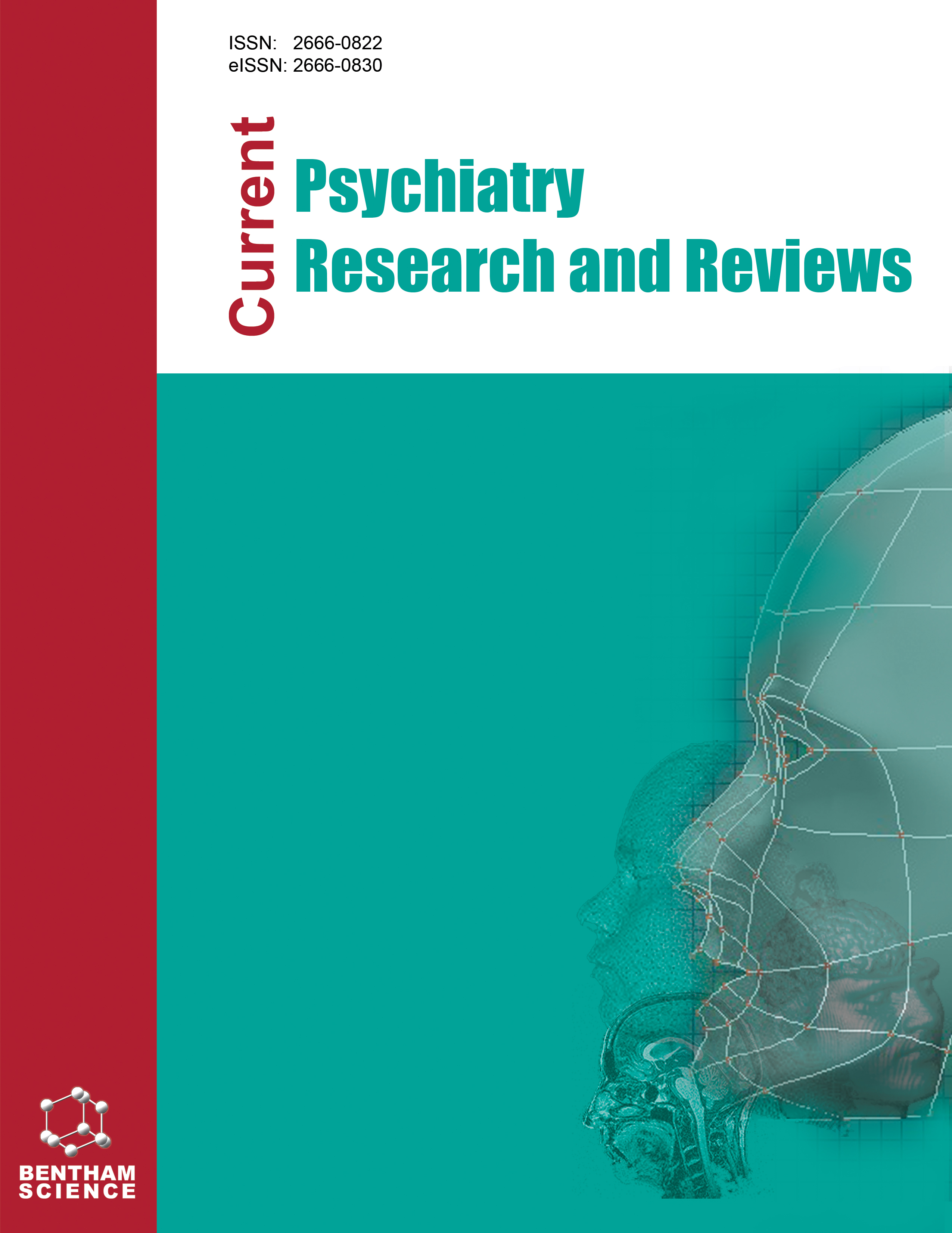-
s Clinical and Therapeutic Challenges when Psychiatric Disorders Occur in Neurological Diseases: A Narrative Review
- Source: Current Psychiatry Research and Reviews, Volume 15, Issue 2, Jun 2019, p. 132 - 142
-
- 01 Jun 2019
Abstract
Background: Over the course of the 20th century, neurology and psychiatry diverged and became two separate disciplines. Subsequently, the continuous progress of neurosciences confused their boundaries. However, with ‘the splitting’ and ‘the lumping’ approaches, relevant difficulties remain in targeting clinical and therapeutic goals, when psychiatric signs and symptoms co-occur with neurological diseases. Objective: The study summarize current evidence on psychiatric signs and symptoms comorbid with neurological diseases, with the aim to provide information on diagnostic problems and available therapeutic options. Methods: Finding from searches of publications on ‘PsycInfo’, ‘Medline’, and ‘Science Direct’, from January 1993 to December 2018 (25 years) is summarized in a narrative manner on six main neurological areas: congenital neurological illnesses (n=16), dementias (n=15), basal ganglia diseases (n=30), epilepsy (n=22), strokes/focal brain injuries (n=29), and neurological neoplastic/paraneoplastic diseases (n=15). Results: Clinical phenotypes of psychiatric syndromes are frequently described in neurological studies. Little evidence is provided on the most adequate therapeutic approaches. Conclusion: Psychiatric syndromes in comorbidity with neurological diseases are heterogeneous and severe; evidence-based treatments are scarce. Despite a model supporting an equal approach between psychiatric and neurological syndromes, psychiatric syndromes in neurological diseases have been described, to a relevant degree, as less important, leading to a hierarchical primate of the neurological manifestations, and thus, in our opinion, limiting the systematic studies on psychopharmacological treatments in this area.


